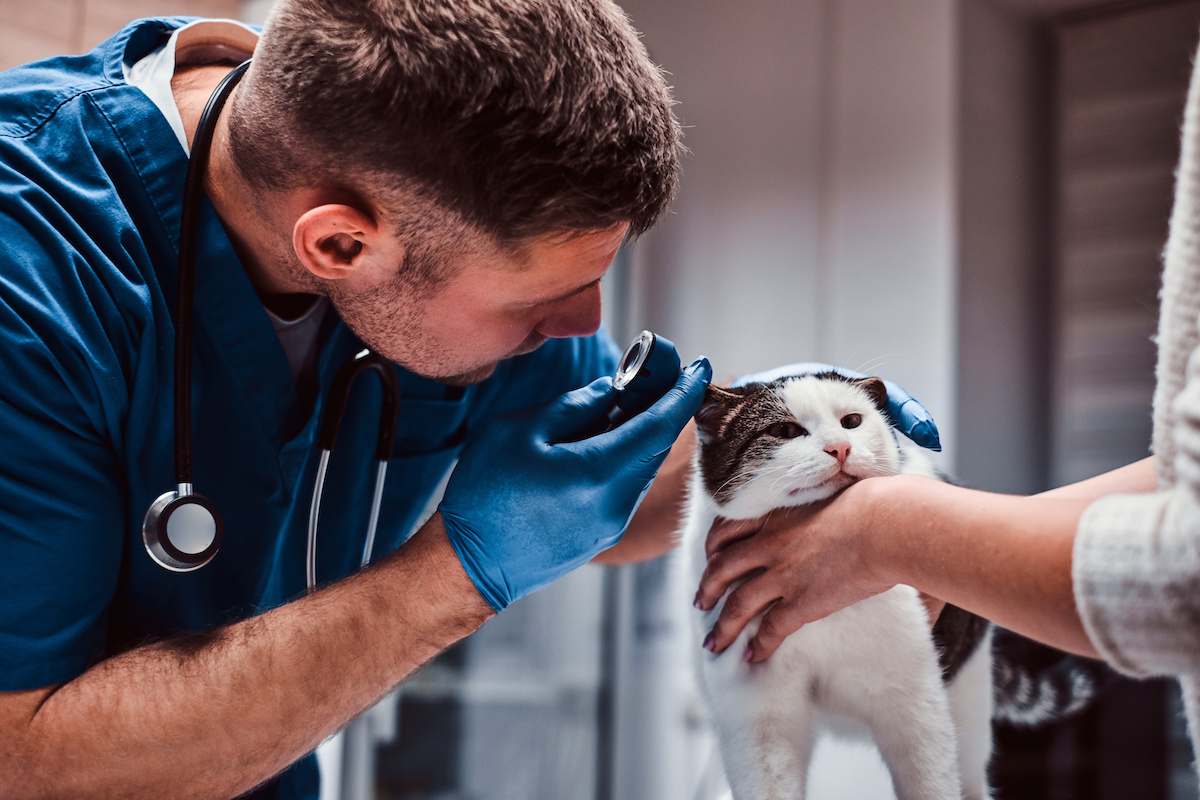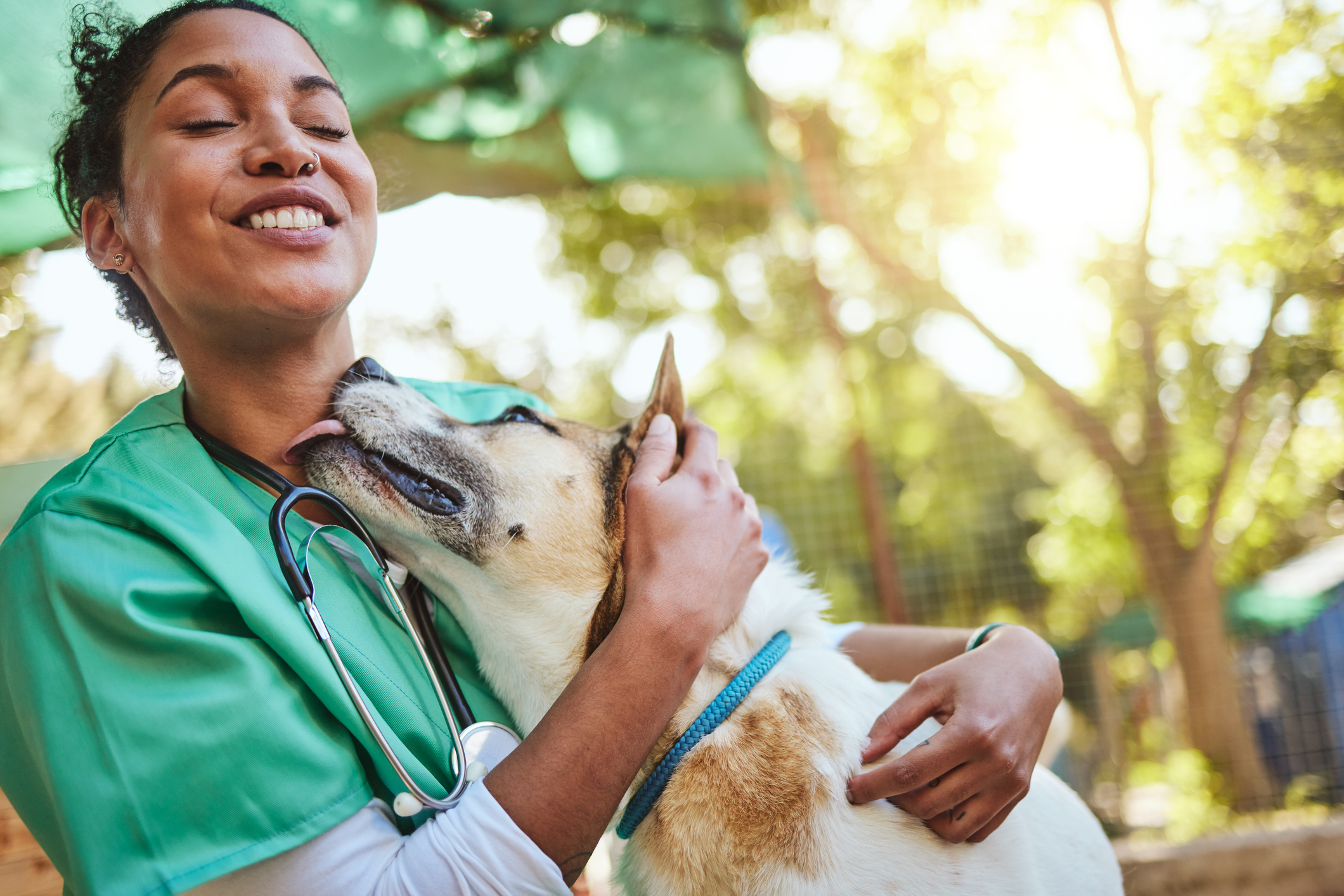Inoculation Standards From Your Relied On Veterinarian
Inoculation guidelines given by your relied on vet play an important role in protecting your family pet's wellness and health. Core vaccinations are essential for all animals, while non-core vaccinations can be customized to ecological direct exposures and particular way of lives. Recognizing the nuances of vaccination schedules, which start as early as six to eight weeks, is necessary for optimum security. In addition, attending to typical mistaken beliefs surrounding vaccinations can further boost animal proprietors' confidence in these preventive measures. As we explore these essential aspects, it comes to be significantly clear why regular assessments with your vet are essential for educated decision-making.

Relevance of Inoculations
Inoculations play an essential duty in securing pets against a variety of avoidable illness. By boosting the body immune system to identify and fight details virus, vaccinations dramatically reduce the incidence of contagious illness that can influence a pet's wellness and longevity. Not just do vaccinations shield private animals, however they likewise contribute to herd immunity, consequently reducing the total occurrence of diseases in the family pet population.
Prompt inoculations help to alleviate the spread of illness such as rabies, parvovirus, and distemper, which can have extreme repercussions for both people and pets. Additionally, vaccinations are commonly a requirement for boarding facilities, grooming services, and pet parks, making them crucial for those who wish to mingle their animals.

Core Injections for Pet Dogs
While the particular inoculation needs of animals can differ based upon specific variables, core vaccinations are widely recommended to shield against the most common and severe illness (Emergency Vet). Core vaccinations are those deemed essential for all pet dogs, no matter their way of life or geographic area, as they secure against extremely transmittable and possibly deadly diseases
For canines, the core injections consist of those for canine distemper, parvovirus, adenovirus (liver disease), and rabies. Canine distemper is a viral illness that influences the breathing, stomach, and nerves. Parvovirus is known for triggering extreme gastrointestinal disease, particularly in pups. Adenovirus can cause liver illness, while rabies is a zoonotic illness that poses a risk to both pets and humans.
In pet cats, core injections encompass feline panleukopenia, feline calicivirus, feline herpesvirus (rhinotracheitis), and rabies. Feline panleukopenia is a very infectious viral condition that influences the immune system and intestinal tracts. Calicivirus and herpesvirus are significant contributors to top breathing infections in pet cats, while rabies stays an essential concern for public wellness.
Talk to your vet to ensure your pets get their core inoculations on routine.
Non-Core Vaccines Explained
Non-core vaccinations are customized to address specific risks related to a pet's lifestyle, exposure, and environment to particular conditions. Unlike core vaccines, which are universally suggested for all pet dogs, non-core vaccines are taken into consideration based upon specific situations. These vaccines are especially essential for pet dogs that may run into unique virus due to their geographical location, travel routines, or tasks.
Examples of non-core vaccinations consist of those for Bordetella bronchiseptica, which is linked to kennel cough, and Lyme condition, brought on by ticks. Pet dogs that often interact with various other pets, such as those in boarding centers, pet parks, or grooming environments, may take advantage of Bordetella vaccination. Similarly, if you live in a location where Lyme illness is common, immunizing against this illness can be a sensible option for outdoor-loving canines.
Various other non-core vaccinations might include those for leptospirosis, canine flu, and feline leukemia, depending on the specific danger variables present. It is important to have an extensive conversation with your veterinarian regarding your animal's way of living and the potential need for these vaccines, making certain a customized inoculation strategy that best safeguards your fuzzy pal.
Inoculation Schedule Overview

As animals develop, it is necessary to follow the recommended booster vaccinations. Vet Enterprise. For grown-up pets, core injections are commonly offered each to 3 years, depending on the details injection and neighborhood policies. Non-core vaccines may be recommended based upon lifestyle factors and local disease prevalence, requiring a tailored method
Routine vet examinations are essential for upgrading inoculation schedules. Your vet can give guidance on the most proper immunizations for your animal, factoring in age, health and wellness standing, and ecological threats. By staying aggressive and notified, family pet proprietors can guarantee their hairy companions receive efficient and prompt vaccinations, therefore protecting their health and wellness and health throughout their lives.
Common Misconceptions About Vaccinations
Misconceptions concerning family pet inoculations can cause confusion and unwillingness amongst pet proprietors pertaining to the booster shot process. One widespread myth is that injections are unnecessary for interior family pets. While it holds true that indoor animals deal with lower threats, they are not totally immune to illness, as pathogens can be introduced with various methods, including human clothes and other pet dogs.
One more misunderstanding is that vaccines can create the conditions they aim to prevent. In fact, most vaccines contain suspended or undermined virus, which can not create condition in healthy and balanced animals. Some pet dog proprietors Homepage also think that their animals must not be vaccinated if they are currently healthy and balanced; however, vaccinations are an aggressive measure that helps avoid the onset of health problem.
In addition, many pet dog proprietors are afraid that vaccines will certainly bring about long-lasting wellness difficulties. While side effects can happen, they are short-lived and usually mild. The advantages of inoculation-- securing family pets from potentially serious conditions-- far surpass the threats. Comprehending these usual misconceptions is vital for liable pet possession and making sure the health and safety and security of your furry companions. Constantly consult your vet for exact information tailored to your animal's certain requirements.
Verdict
In recap, adherence to discover this vaccination guidelines is important for making sure the health and longevity of pet dogs. Resolving usual misconceptions bordering inoculations additionally enhances the relevance of notified decision-making in animal care.
Not only do inoculations protect private animals, but they also add to herd immunity, consequently reducing the total prevalence of illness in the pet populace.
Misunderstandings about family pet vaccinations can lead to complication and reluctance amongst pet dog owners concerning the booster shot process. While it's real that indoor animals face reduced threats, they are not entirely immune to diseases, as microorganisms can be presented with different means, consisting of human garments and other pets.
Some pet owners additionally believe that their pet dogs should not be vaccinated if they are already healthy; however, inoculations are an aggressive procedure that helps prevent the onset of health problem.
The benefits of inoculation-- securing pets from possibly serious conditions-- far outweigh the dangers.